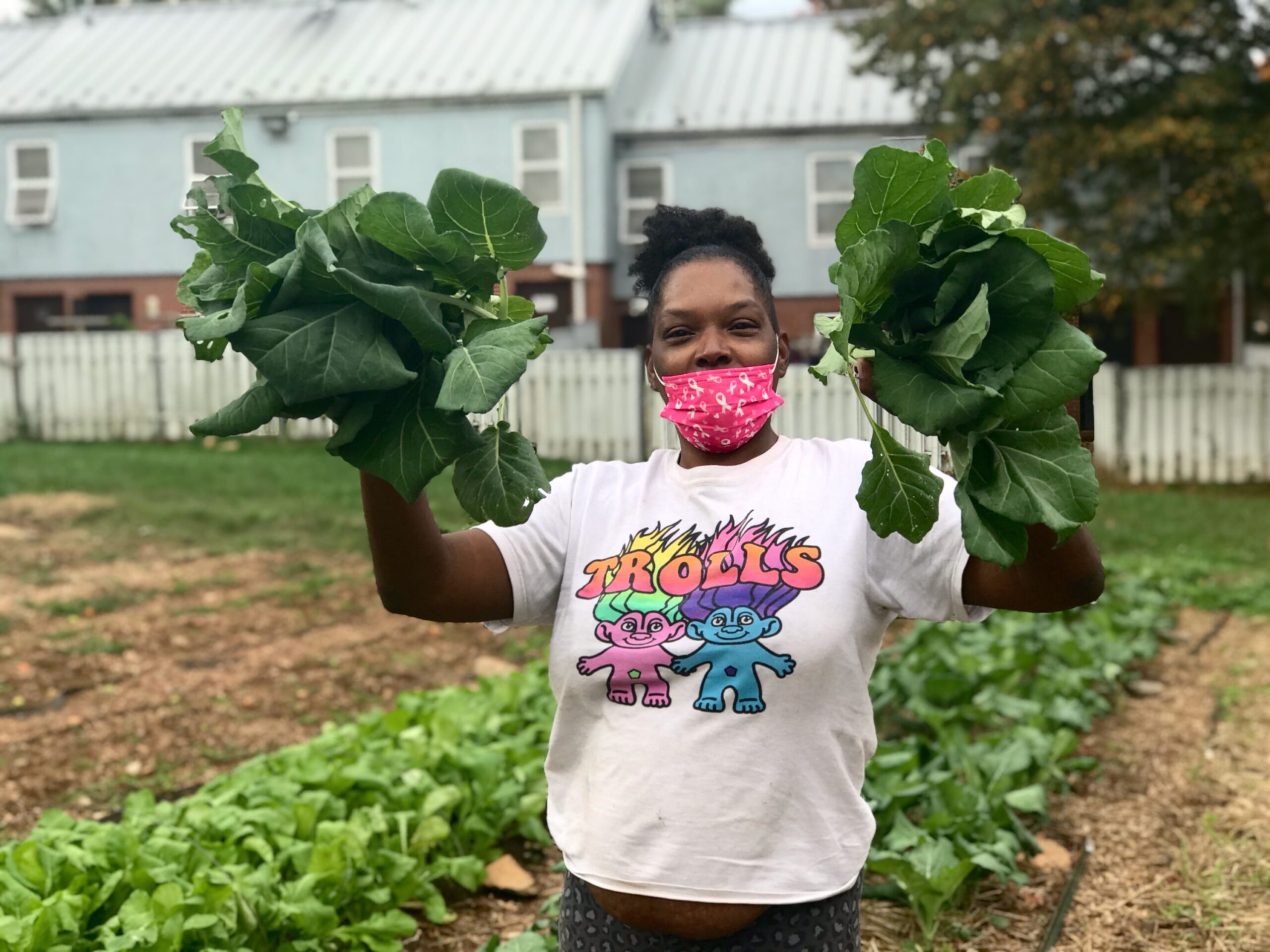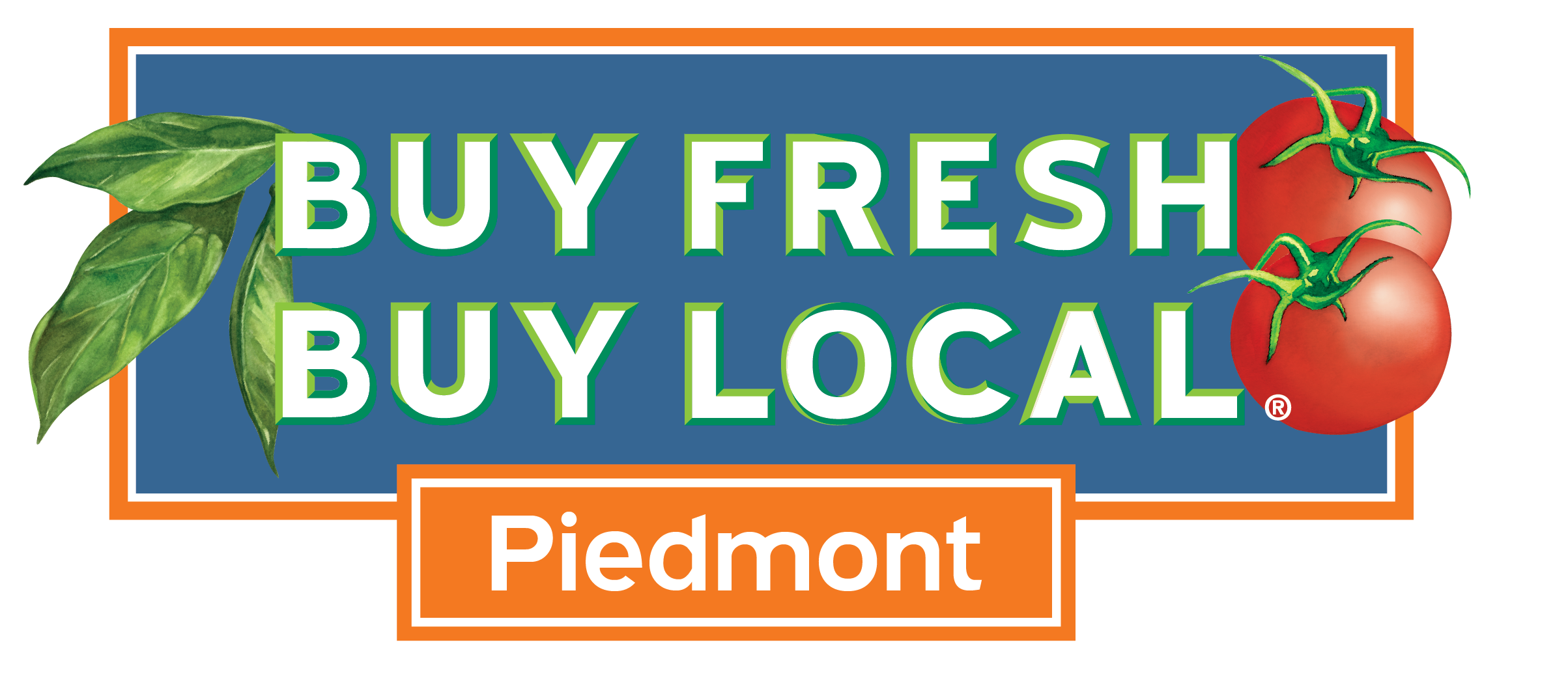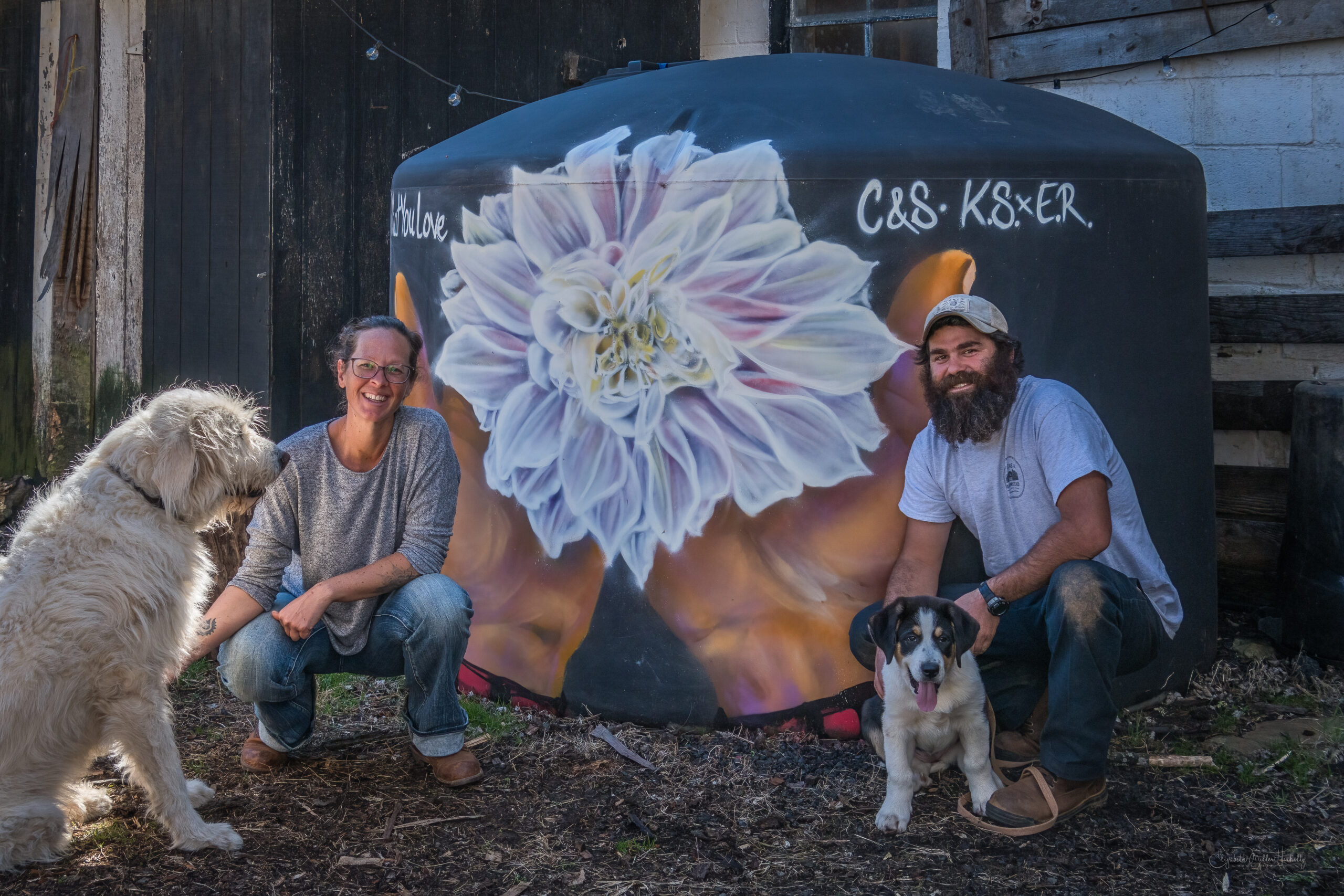
Cultivate Charlottesville: Big Impact of Small Spaces
“Charlottesville is a phenomenal foodie place: the restaurants are gourmet, there’s the wineries, the farms around…we’re very very lucky and well-resourced,” Cultivate Charlottesville’s Outreach and Resource Program Director Aleen Carey said. “But Charlottesville is not a food equity city.”
Cultivate Charlottesville has been working to change this since officially bringing the Urban Agriculture Collective, City Schoolyards program, and Food Justice Network together in 2020.
The UAC addresses the immediate food accessibility needs, growing thousands of pounds of sweet potatoes, collard greens, tomatoes, and other fresh produce on urban farm sites around the city that are then distributed to public and subsidized housing residents at weekly Community Market Days for free. This idea has spurred from the notion that people deserve to have affordable housing and green space for growing healthy foods in their own neighborhoods. When the residents of Friendship Court started the first community garden and as Cultivate currently seeks to find new and more urban spaces to grow within the city, they are reminded of the legacy of food accessibility challenges.
“It goes back to Charlottesville’s history [of razing historically Black neighborhoods in the 1960s],” Carey said. “There were groceries there, there were homeowners there who had their own gardens and were able to grow food they needed and wanted for their family so the setup of moving people meant people didn’t have their own garden space and didn’t have access to groceries and markets in the same way they had before.”
The potential for healing and connection that can come from green spaces also empowers Cultivate’s work beyond the garden beds through its advocacy arm, the Food Justice Network. Here, staff, volunteers, and interns work to involve local partners, advocates, and residents in dismantling the legacy of lack of food access and addressing its intersections with transportation, racial justice, affordable housing, environmental justice and community trust building.
“We say let’s look at what Charlottesville is like on paper — the policies, the procedures and the strategies that are used — and look at how they haven’t been tied into food equity and look at what we can do to change that moving forward,” Carey said.
Lastly, to further integrate food justice, Cultivate runs the City Schoolyard Garden program at nine area elementary and high schools. This opportunity allows 4,000 students a year to get outside the classroom and develop healthy living and leadership skills through experiential learning practices in the gardens located at their schools.
Whether it’s harvesting vegetables in the summer heat, joining the high school intern cohort in equity and gardening lessons, or distributing healthy snacks to area students, Cultivate Charlottesville is excited to have the community involved in bringing the rich food resources of this area to everyone. If you would like to volunteer or donate, see their website cultivatecharlottesville.org or email grow@cultivatecharlottesville.org for more information.
Story by: Faith Schweikert | Photo by: Cultivate Charlottesville


